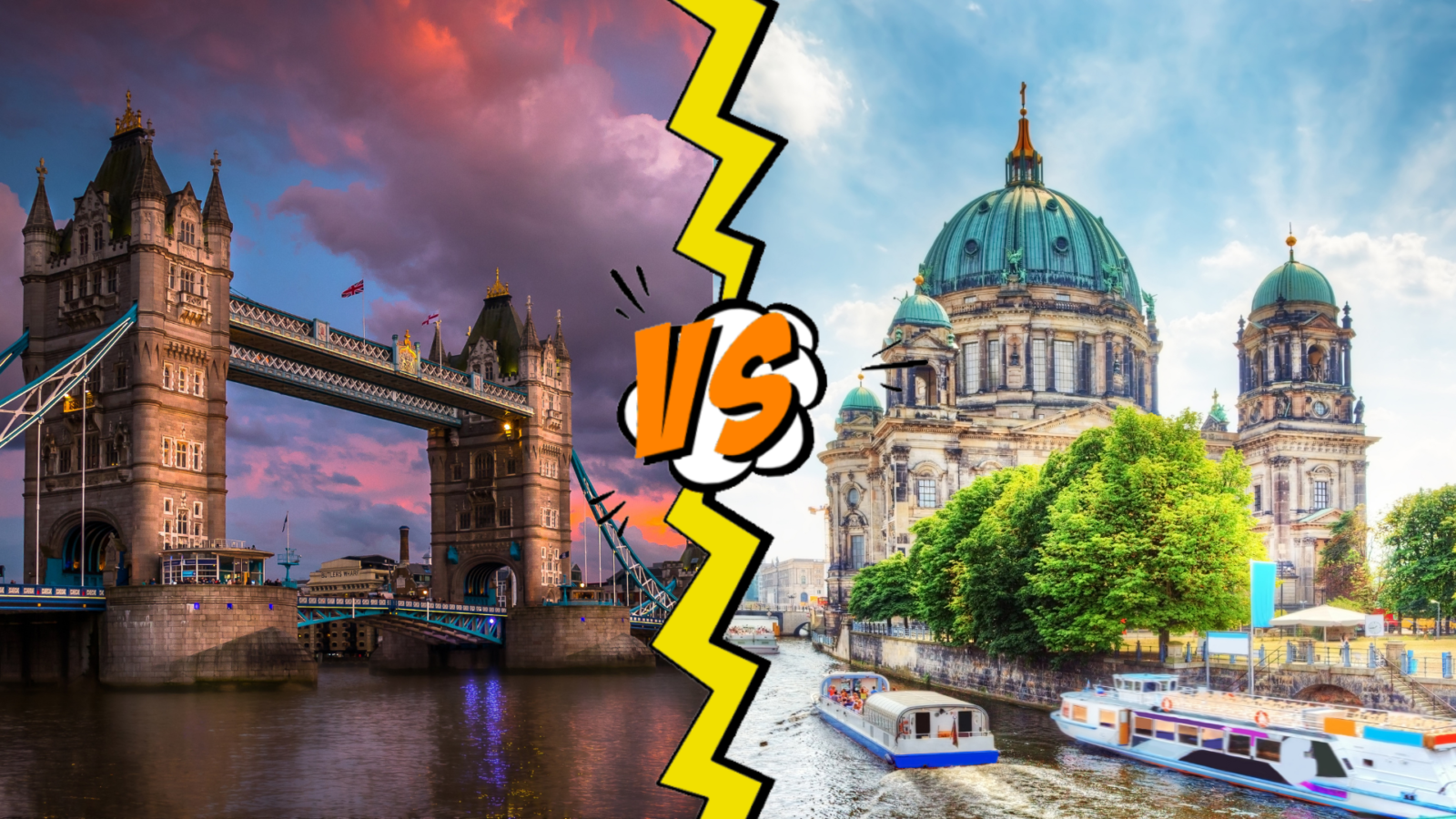According to research, the most consistent question amongst international students or prospective international students is about the Post-Study Visa situation of their country of interest. This article will show you the opportunities graduates get after their studies.
As an international student, after achieving a great feat of completing a degree, the next step is to figure out your next line of action. That is whether you intend to return to your home country or wish to explore Germany. You can immediately benefit from the post-study permit if you want to stay. It is very important to have carried out thorough research and planned this properly prior to this period. You will avoid last-minute disappointments that might disrupt your plan. This includes finding out if a Post-Study / Work permit exists. And if it does, it is necessary to inquire further if you are eligible for it. This is necessary in consideration of the fact that your student visa expires immediately after your studies. Hence the need to act fast.
Our primary focus here is to break down the Post-Study and Work permits available to international students in Germany.
First, there are two categories in which International students can fall into: EU (European) Citizens and non-EU citizens. The EU citizens are eligible to apply for jobs in Germany with no work permit. The job market treats them the same way as Germans. They get to enjoy the same privileges, tax advantages, etc. On the other hand, non-EU students can extend their residence permit for up to 18 months, to enable them to find a job relevant to their field of study.
In order to qualify for the Residence / Post-Study permit, you must be able to present the following documents:
- A Certificate/Official document from your University verifying that you got a certified degree from their institution
- Proof of health insurance
- Document showing that you have sufficient funds to support yourself financially
- A valid passport.
The deadlines
It is very important to note that time is of the essence in matters like this. Planning ahead is a major advantage to your application. The earlier send your application to the Foreign Nationals’ Registration Office; the better it will be for you to take full advantage of the 18 months post-study permit allocated to you. An 18 month post-study permit begins immediately after the institution release the final examination results. This only confirms our point earlier to plan ahead, and make the most of the opportunity.
Once the applicants find a job in their field of study, they have to upgrade to a work permit. If the applicants are interested in staying in Germany permanently, they would have to go further and apply for an EU Blue Card Residence Permit. They can do so as early as two years after receiving their work permit. The EU Blue card is a permanent residence permit for European countries which permits the applicants to live and work in whichever EU country they choose.
The obvious answer to your question is yes, Germany has a favorable post-study visa / Work visa policy which you are very welcome to explore with our step-by-step help.
Click here to get started!




